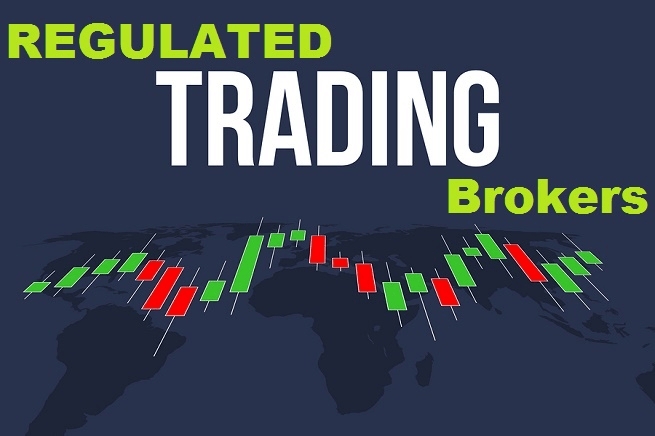As a foreign exchange trader, you should be aware that numerous online forex brokers are seeking your business. There is a good probability that you may come across multiple commercials of forex brokers when visiting any financial news website. Choosing the correct regulated forex brokers, on the other hand, can be a difficult undertaking for many people.

However, we’ve compiled a list of elements that may assist you in making a list of highly leveraged forex brokers.
1. Regulatory Excess
The first and most important item to consider when choosing a forex broker is reliability. To verify whether or not the broker is a member of the State Futures Association (NFA), go to the As To area of the website and look for the NFA membership number.
Furthermore, you may read the reviews of several well-known brokers. You can, for example, read an excess review to learn about other people’s experiences with them before deciding to use their trading services.
It is recommended that you can only open accounts with brokers who are officially regulated, both for the reputation of the brokers and the safety of your deposits.
2. Provide excellent customer service
Forex trading takes place nearly continuously during the day. As a result, you may need your broker to provide you with continuous customer assistance so that the trading process runs smoothly. Every broker’s customer service team’s accessibility can be verified by contacting them via all available messaging services.
If you don’t get a response to your inquiries or concerns right away, it’s a sign that the broker’s customer service is lacking. This is a red flag since technological issues can happen anytime, and you don’t want to be caught in a bad situation for too long.
3. Methods of Deposit and Withdrawal
You must deposit and withdraw funds from your forex account to trade. Before you choose a broker, you should learn about the many types of financing options available.
Many brokers allow credit and debit cards, Skrill, PayPal, and bank money transfers as payment methods. It’s also a good idea to double-check the fees associated with each option so that you don’t run into any issues in the future.
4. Leverage and Margin Call
You should know any broker’s margin call demands before deciding to work with them. The broker can make a margin call if the margin in your brokerage account gets insufficient.
In contrast to margin call criteria, leverage is essential, as you should select the level that better suits your trading talents and demands.
5. Stop Loss Protection
Stop-loss protection is a tool that allows you to limit your losses to a specific amount. Whereas the population of South Africa’s leading brokers provides this service, others do not. However, when you sign a contract, double-check with your broker.
6. Transparent Trading
The law requires regulated forex brokers to do transparent deals and provide total transparency to their clients. Reports are also available from regulated forex brokers to keep you informed. You’ll always know what you’re spending in this manner.
7. Fund security
Let’s say your broker or its affiliated companies becomes bankrupt. Are you worried about the safety of your investment? Your money will be safe with a regulated forex broker because it is illegal for a trader to use a client’s money for anything other than engaging in the trade that the client has authorized.
Commissions & Fees
It takes us towards the third most essential thing to consider when choosing a brokerage: costs.
● Brokerage fees – It’s not all about the price
Brokerage fees are additional fees by a broker for the services provided, which include services to help buyers and sellers complete transactions. The number of such fees varies depending on the broker and the services whereby the trader submits. For retail traders, the position can be described as follows: Dealing Desk Brokers pay only spreads, whereas ECN Brokers charge both spreads and commissions.
● Spreads & Commissions (Fixed or Non-Fixed)
The major distinction among fees and commissions that almost all traders should be aware of is that fees are a fixed amount, but commissions change depending on the supplied financial product and transaction amount.
Is the broker providing premium services?
Full-service brokers provide a variety of extra benefits and premium services, and some are quite beneficial. However, such services are not free. In this connection, you must seek out a broker who offers as many premium services as feasible at a reasonable price.
They offer services like guidance and research that cover a variety of traded assets, pension advice, tax preparation, and more under the premium service area. You must carefully consider whether or not you require such services. There’s no use in feeling overwhelmed in premium-service jargon if all you want to do is execute deals. Then a discount is most likely the best option.
Conclusion
You’ll be likely to dedicate extra care, effort, and energy to testing and enhancing forex strategies if you’re comfortable trading with your tradersunion com forex broker. Considering the previous points will go a long way toward increasing your chances of success in this competitive FX market.



Leave a Reply